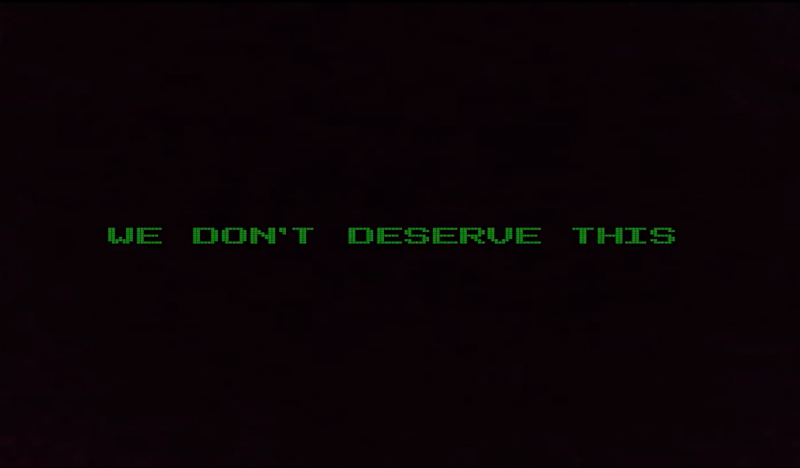A Heavy Nonpresence: Housing Workshop
20 Aug 2017
In formation serves as a platform for discussions addressing the spaces necessary for the production and promotion of social justice in the wake of dismantled public services. Writer Derica Shields presents a two-part series of events as part of her research into how black women affected by social service cuts are organising to assist each other.
This is Part II of the series, an afternoon of workshops and discussions about navigating austerity, particularly housing-related benefits cuts that have pushed Black people outside of British cities. We unpack the shame that austerity ideology builds up around dependency, and unpick the fallacy of self-sufficiency while pooling ideas for surviving housing insecurity.
Part I of this series (Friday 4 August) is an artist talk by Ingrid Pollard, followed by a screening on archival and contemporary images of Blackness in the countryside featuring works by Ja’Tovia Gary, Black Audio Film Collective and clips from the British Pathé Archive.
About A Heavy Nonpresence
I'd rather live outside.
- Frank Ocean, Seigfried
In the spirit of all imperfect practitioners of petit marronage, A Heavy Nonpresence is interested in black failure – failures of assimilation, inclusion, separatism and of Black belonging in Britain. In place of political action that wants to expand the parameters of civil society to include Black people, or to bring us under the protection (and control) of the state, this series asks what is being done amid and despite exclusionary and assimilationist moves. What can we do among ourselves, maybe in secret?
Derica Shields is a writer, editor, and programmer from London. She has previously written and edited for The New Inquiry, Rookie, Okayafrica and published work most recently in Girls Like Us and Flash Art. Her research interests include Blackness, futurisms, literature, visual art and film. She is the co-founder of The Future Weird, a (now defunct, but still loved) screening and discussion series centered on experimental films by Black directors. She holds degrees in English and Africana Studies from the universities of Cambridge and Cornell.



